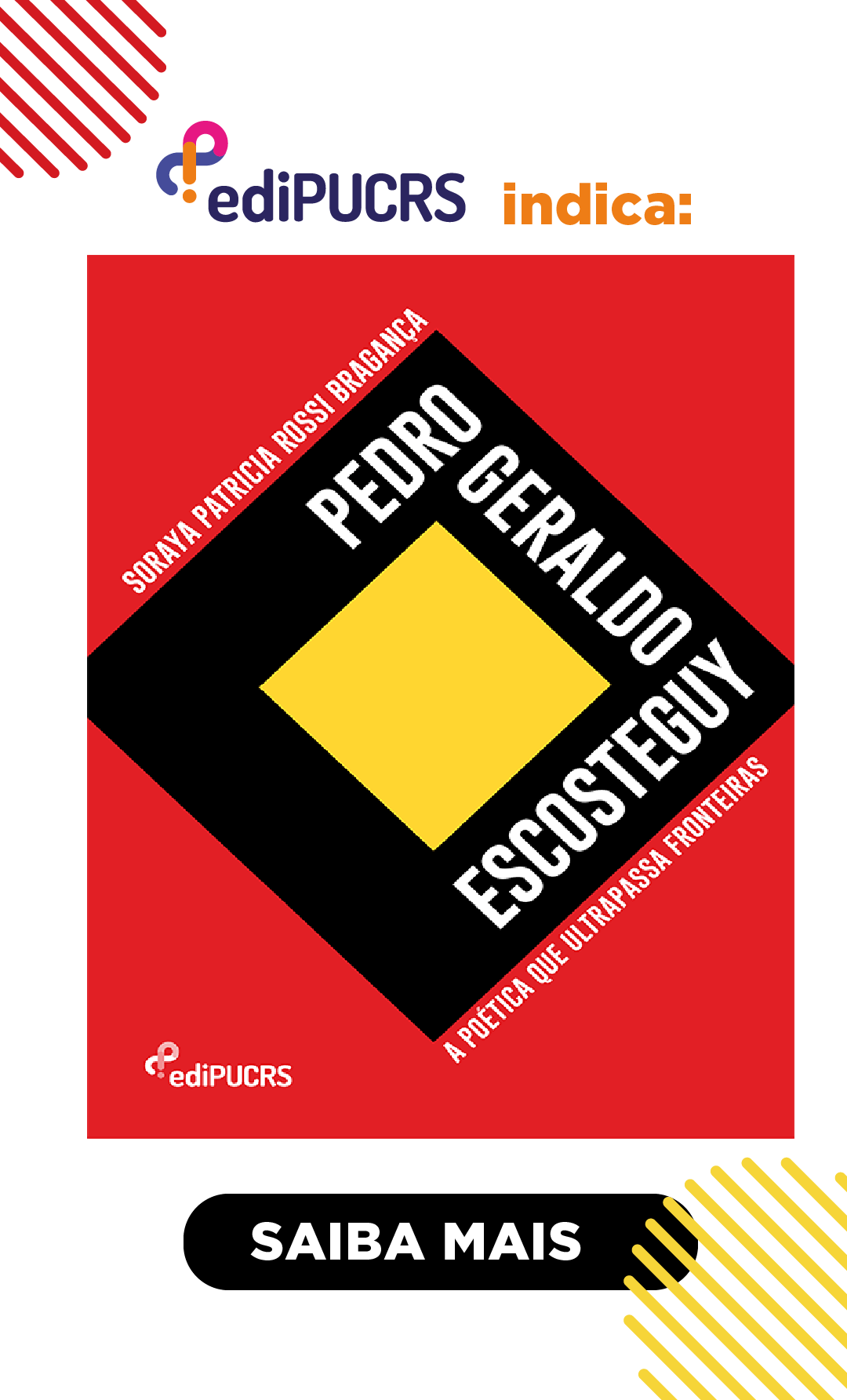Mia Couto – a proclamação da Leoa: na linha de fogo...
DOI:
https://doi.org/10.15448/1983-4276.2016.1.25097Palavras-chave:
romance, política, soberania, alteridade, género.Resumo
Esta leitura do romance A confissão da Leoa, do escritor moçambicano Mia Couto, acompanha nele as questões da animalidade do homem e da violência na relação entre os géneros, ambas colocadas do ponto de vista ético e político. A narrativa do romance reparte-se significativamente por dois olhares diferentes: o do caçador Arcanjo Baleiro, e o de Mariamar, uma das mulheres da aldeia na qual – identificada com a leoa do título – se recortará a figura da histérica, irredutível às imposições do simbólico estabelecido pela tradição do lugar de Kulumani... Os acontecimentos transpõem, da alegoria cosmológica inscrita na fábula aí contada por Martina Baleiro – a mãe do caçador – as tensões e as assimetrias produzidas pela violenta fronteira que, entre o feminino e o masculino, uma certa escrita, subversora de todas as formas de domínio, mostrará ser historicamente instável.
********************************************************************
Mia Couto – the proclamation of the Lioness: on the firing line...
Abstract: My reading of the novel Confession of the Lioness, by the Mozambican writer Mia Couto, follows the questions of the animality of man as well as those of the violence in the relationship between genders, both posed from an ethical and political perspective. The novel’s narrative is significantly shared by two distinctive viewpoints – that of the hunter Arcanjo and that of Mariamar, one of the women identified with the lioness of the title, but also the hysterical figure that resists the symbolic order of traditional Kulumani... The events and the characters of the novel transpose the cosmological allegory inscribed in the fable told by Martina – the hunter’s mother – the tensions and asymmetries there set by the violent boundary that separates the masculine from the feminine, and which a subversive writing that undermines all kinds of dominion eventually suspends, and proves to be historically unstable.
Keywords: novel; politics; sovereignty; otherness; gender.
Downloads
Referências
AGAMBEN, Giorgio. O poder soberano e a vida nua. Lisboa: Presença, 1998.
AGAMBEN, Giorgio. A potência do pensamento. Lisboa: Relógio d’Água, 2013.
BENJAMIN, Walter. Rua de sentido único e infância em Berlim por volta de 1900. Lisboa: Relógio d’Água, 1992.
BUTLER, Judith. Precarious life. London: Verso, 2006.
CIXOUS, Hélène; CLÉMENT, Catherine. Newly born woman. london: Tauris, 1975.
COUTO, Mia. A confissão da Leoa. Lisboa: Caminho, 2012.
DERRIDA, Jacques. Points de suspension. Paris: Galilée, 1992.
DERRIDA, Jacques. L’animal que donc je suis. Paris: Galilée, 2006.
DERRIDA, Jacques. Le souverain Bien / O soberano Bem. Viseu: Palimage, 2004.
DIDI-HÜBERMAN, Georges. Falenas: ensaios sobre a aparição 2. Lisboa: KKYM, 2015.
FREUD, Sigmund. Obras completas. Madrid: Biblioteca Nueva, 1997. Tomo 9.
LACAN, Jacques. Os complexos familiares. Rio de Janeiro: Jorge Zahar, 1985.
LACAN, Jacques. Écrits II. Paris: Seuil, 1999.
LACAN, Jacques. O avesso da psicanálise: 1969-1970. Rio de Janeiro: Jorge Zahar, 1992.
Downloads
Publicado
Como Citar
Edição
Seção
Licença
Direitos Autorais
A submissão de originais para a Navegações implica na transferência, pelos autores, dos direitos de publicação. Os direitos autorais para os artigos publicados nesta revista são do autor, com direitos da revista sobre a primeira publicação. Os autores somente poderão utilizar os mesmos resultados em outras publicações indicando claramente a Navegações como o meio da publicação original.
Licença Creative Commons
Exceto onde especificado diferentemente, aplicam-se à matéria publicada neste periódico os termos de uma licença Creative Commons Atribuição 4.0 Internacional, que permite o uso irrestrito, a distribuição e a reprodução em qualquer meio desde que a publicação original seja corretamente citada.





